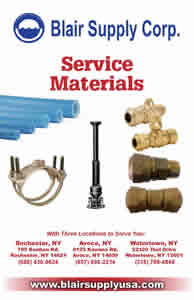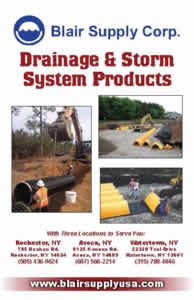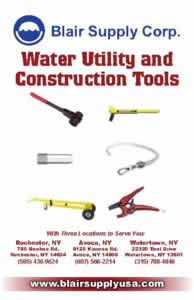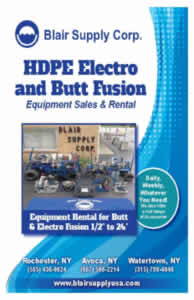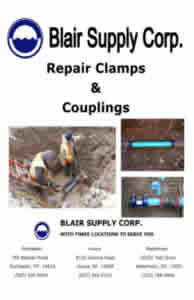Blog
Leak Potential for Different Types of Pipes, Pt. 1
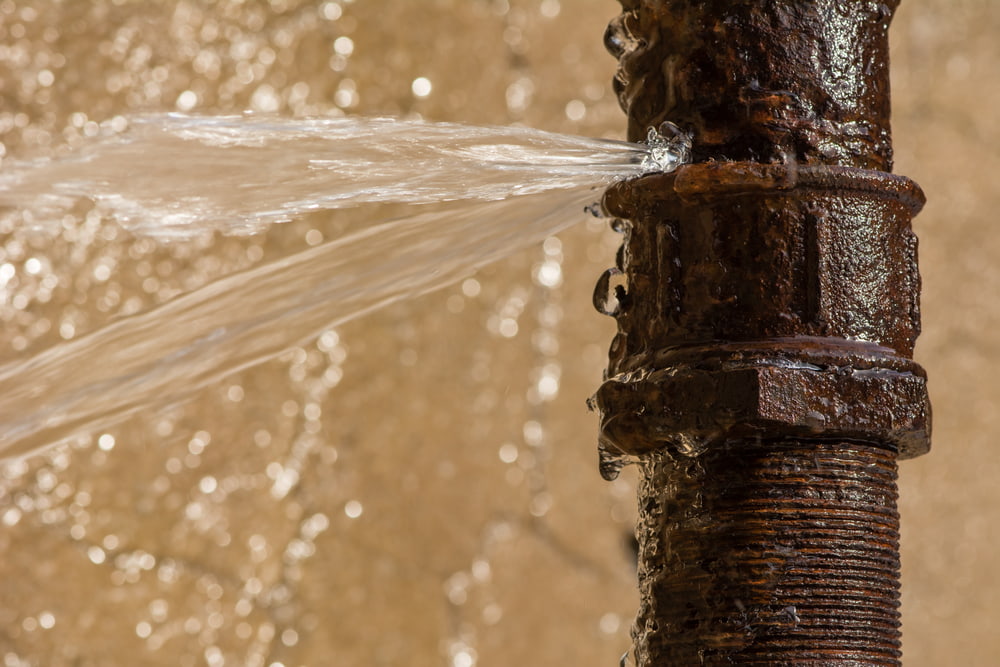
The sad truth of the matter is that sooner or later, and we hope in your case it’s much, much later, every pipe will fail or develop a small or a large leak. With so many factors in play that contribute to the deterioration of the pipe itself, it’s only a matter of time before you start looking for a high-quality Mueller repair clamp for sale, or several of them. That’s why it’s important to know the leak potential for different materials pipes are made from.
What is the leak potential for different pipe materials?
There are numerous factors that can affect the longevity of your pipes and their susceptibility to developing lesser or greater leaks and bursts. That’s why it’s essential to be familiar with how prone pipes of different materials are to leaks and what types of leaks you can expect within your system.
General considerations
There are several genera considerations you need to take into account in order to enhance the longevity of your pipes:
- Pipes require securing and support from pipe straps or hangers that serve to ease stress on joints, preventing the development of leaks.
- It’s important to pay attention during plummeting winter temperatures when the water in the pipes can freeze, expand, and cause cracks, which necessitates proper pipe insulation in parts of the country with colder climates.
- High water pressure is another common culprit behind pipe bursts and leaks. Anything that’s over 80 psi is considered very high pressure, enough to cause problems with pipes made from any material.
Galvanized steel
These types of pipes are extremely rare in modern homes, but they were very popular up until the 1960s. The zync protective layer found on the interior of these pipes tends to erode as time passes, leaving fertile ground for corrosion on the steel if there are no inhibitors in the water passing through the pipes.
Another common problem with galvanized pipes is that they feature threaded ends, causing unstable connections to fittings, which can lead to the development of rust and leaks. If you’re dealing with galvanized pipes, make sure to pay close attention to the joints.
Copper
There are several common problems that can happen with copper pipes:
- Pinhole leaks are the most frequent type of leak that copper pipes develop because of the process of pitting corrosion happening inside the pipes. Most commonly, this type of corrosion has to do with the chemical composition of water that passes through the pipe.
- Standing water present in the copper line will slowly corrode the pipe over time, especially if it contains microorganisms.
- Debris isn’t a welcome site in any pipe, but it’s especially harmful to copper piping. Various types of debris can prevent the formation of a protective oxide layer on the inside of the pipe, making affected areas a lot more susceptible to corrosion and leaks.
- Before joining through soldering, copper pipes require precise cutting. A bad cut or an excessive amount of solder will inevitably cause too much turbulence present in the affected area, starting the process of erosion corrosion that quickly damages the pipe.
- Finally, the quality and the chemical composition of the soil can promote the development of corrosion on the pipe’s exterior.
 Where should I purchase advanced Mueller clamps for sale for efficient leak fixing?
Where should I purchase advanced Mueller clamps for sale for efficient leak fixing?
Depending on the type and the material, different pipes have different potential for developing a wide range of leaks. This can affect the process and the requirements for repairing that pipe and completely alter the approach you take for resolving the issue. That’s why you need to be familiar with all the different ways a pipe of various materials can develop a leak and know what to expect when it comes to repairs.
Finally, you need to pay attention to the equipment you use in order to ensure long-lasting repairs on your pipes. That’s where Blair Supply comes in. We offer a wide range of cutting-edge tools, equipment, and pipes necessary for comprehensive pipe repairs. We offer nationwide delivery from our two warehouses in Rochester and Watertown. All you have to do is tell us what kind of equipment you need and we’ll handle everything else.

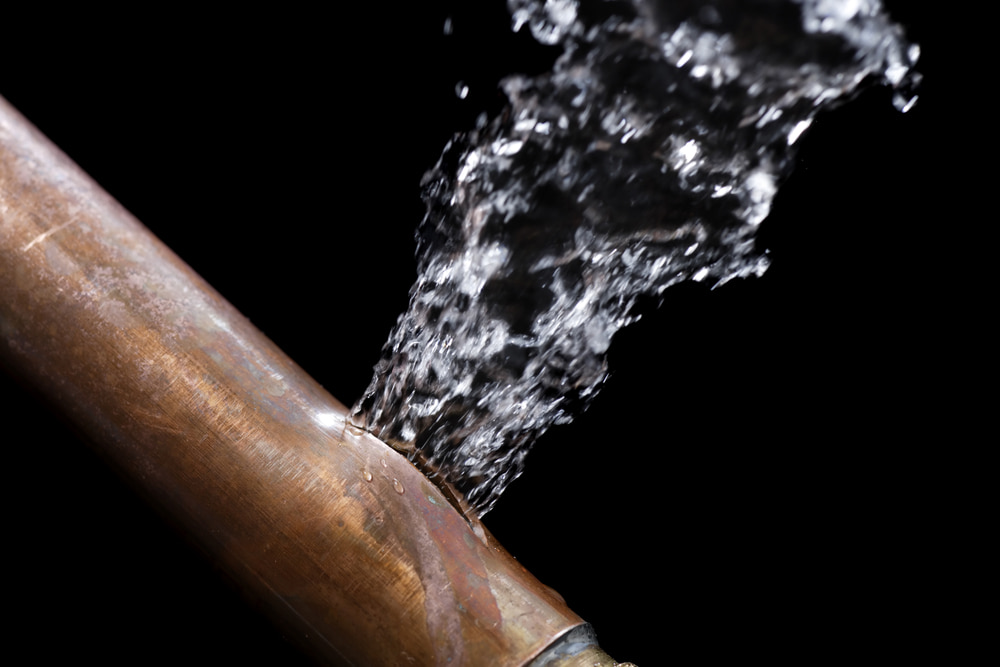 Where should I purchase advanced Mueller clamps for sale for efficient leak fixing?
Where should I purchase advanced Mueller clamps for sale for efficient leak fixing?